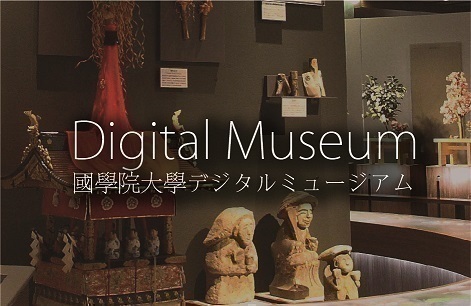- トップ
- Encyclopedia of Shinto
- Keichū
Encyclopedia of Shinto
| Main Menu: | |
| Links: |
詳細表示 (Complete Article)
| カテゴリー1: | 8. Schools, Groups, and Personalities |
|---|---|
| カテゴリー2: | Personalities |
| Title | Keichū |
| Text | (164-171) Buddhist monk of the Shingon sect and pioneer of the early modern school of National Learning (kokugaku). Born in Amagasaki, Settsu Province (present-day Hyōgo Prefecture) as the second son of Shimogawa Motoyoshi, a retainer to Lord Aoyama, castellan of Amagasaki Castle. Keichū's father had an income of two hundred and fifty koku of rice, but his fortune declined soon after Keichū's birth, and before long became a rōnin (masterless samurai). When Keichū was seven years old he became gravely ill, but recovered after receiving a revelation from the kami Tenman Tenjin (see tenjin shinkō). After this experience he resolved to enter Buddhism. At the age of eleven, he entered the temple Myōhōji at Imazato in Osaka, and in 1652 he undertook austerities on Mount Kōya (in present-day Wakayama Prefecture), location of the head temple of the Shingon sect. In 1662 he became resident priest at the temple Mandara-in in Osaka's Ikutama district, and at age twenty-four attained the eminent rank of ajari. During this period he developed a close relationship with the priest Shimokōbe Chōryū, but four years later (at the age of twenty-seven), he left the temple and wandered the Yamato area around the mountain Katsuragi; it is even recorded that he contemplated suicide at the time. Unable to distance himself from the monastic life, however, he worked as temple caretaker from place to place until at the age of fifty-one he ceased wandering and with the aid of friends, settled down at the hermitage Enjuan in Osaka's Kōzu district. At Enjuan, Keichū lived as a recluse, dedicating himself to research on ancient classics and poetry (waka). His research applied the study of the phonetic siddham script (used for writing Sanskrit Buddhist works) to Japanese textual research, and his rejections of far-fetched doctrinal claims set a new standard for research on ancient texts in Japan. His methods profoundly influenced later scholars such as Motoori Norinaga, and he is counted among the three great philosophers of National Learning (kokugaku). Considered the founder of National learning in the areas of textual research and ancient classics, Keichū died in 1701 at the age of sixty-one. His writings include Man'yō daishōki, Sego okudan, Waji shōran-shō and Hyakunin isshu kaikanshō . - Mori Mizue |




